
Encouraging technology adoption: Evidence from Africa, South Asia, and Southeast Asia
Communications tools, including digital extension tools (DETs) like phone calls and smartphone applications, can be important pathways to help improve farmers’ knowledge and capacity regarding improved agricultural techniques. However, in many middle- and low-income countries, these tools are underutilized, particularly in rural areas. A recent paper published in Global Food Security examined the use of these tools in in Bihar, India to identify why and how farmers and agricultural extension workers do, and do not, choose to adopt them.
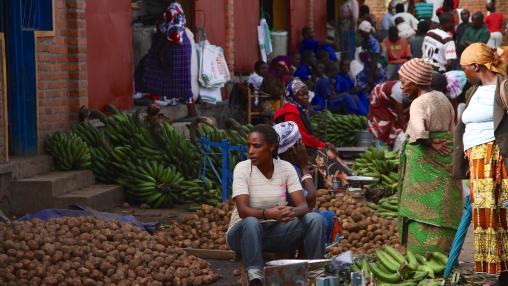
Modeling Impacts of Economic Shocks: New FSP E-Learning Course Launched
The Food Security Portal E-learning Platform has launched its newest course, Partial Equilibrium Models. The course provides an introduction to these powerful models and how to use them to forecast the impact of economic shocks and policies on national and global economic environments.
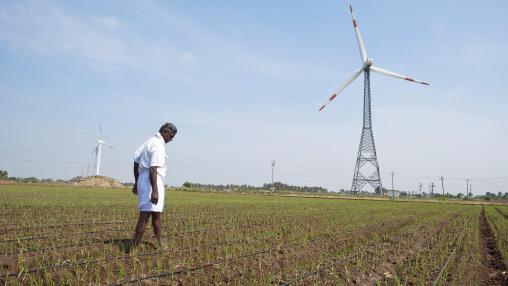
Building consensus for systemic change: The role of donors in food systems transformation
Despite tremendous progress made in the last decade to produce enough food to meet the demands of the growing population, around 811 million people lived in hunger in 2020 and nearly half of the world’s population lacked year-round access to adequate food due to climate change, poverty, and the COVID-19 pandemic, according to the 2021 State of Food Security and Nutrition in the World (SOFI) report.
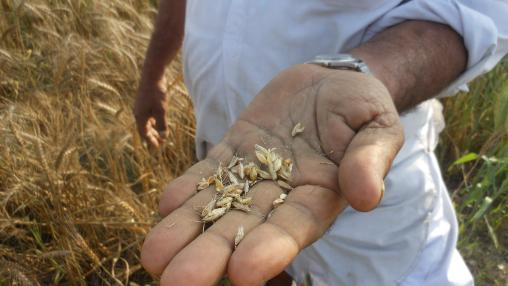
Wheat Price Volatility: Drivers and Impacts
Ten years after the launch of AMIS and the Food Security Portal’s Excessive Price Variability Early Warning System, managing and reducing food price volatility remains a clear priority for global food security.
As reported earlier this month, global wheat prices declined slightly in June after 12 straight months of increases. The recent decline was based on favorable production prospects in several major producing regions, including Europe, India, and the Black Sea region. Wheat futures prices followed suit, dropping by 6 percent in June.
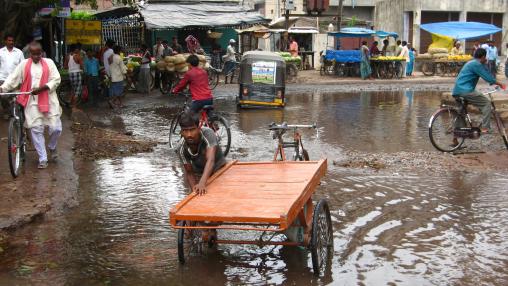
The world is not on track to end hunger: 2021 SOFI report released
Our window of opportunity for achieving SDG 2 — eradicating hunger and malnutrition and ensuring access to safe, nutritious, and sufficient food for all by 2030 — is closing rapidly. However, far from moving closer to that goal, the world has seen a resurgence of hunger and food insecurity.
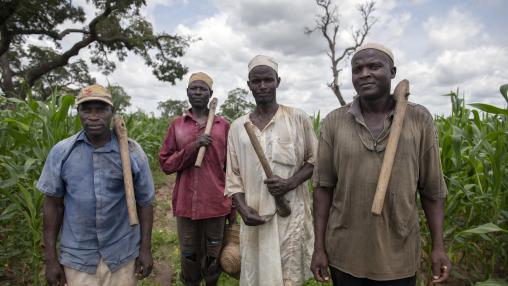
Post webinar wrap-up: Value Chain Development and the Poor: Promise, delivery, and opportunities for impact at scale
Introduction
Webinar: Value Chain Development and The Poor: Promise, delivery, and opportunities for impact at scale
In recent years, value chain development (VCD) in the agrifood system has been hailed as a practical way to expand market access for smallholder producers, reduce poverty, enhance environmental sustainability, and improve food security and gender equity. Despite significant investments in VCD from governments, donors, and NGOs, however, evidence regarding the effectiveness of VCD interventions in addressing these important development goals remains lacking.
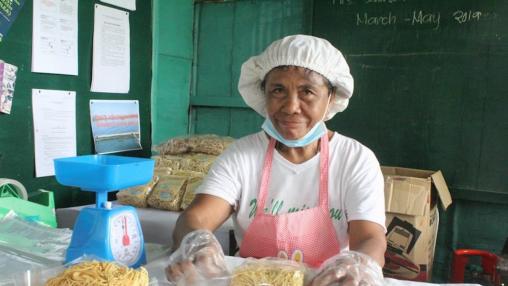
Farmer Business School: New E-learning Course Grant Awarded
The Food Security Portal and the PIM Value Chains Knowledge Portal teams are pleased to announce the awardee for a grant to produce a new e-learning course. Diego Naziri of the International Potato Center (CIP) submitted a proposal for an e-learning course aimed at training facilitators in CIP’s Farmer Business School(FBS) methodology.
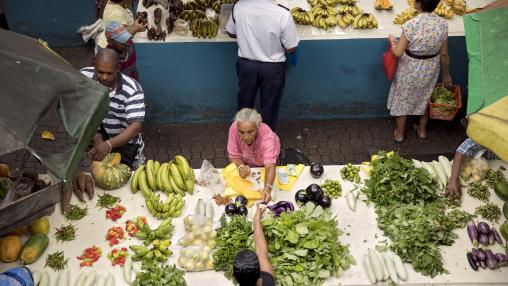
COVID-19 pandemic offers rare chance for food systems transformation
The COVID-19 pandemic has caused unprecedented disruptions of social interactions, affecting both the supply and demand for food. These disruptions to jobs, income and food supply magnified and exacerbated existing inequalities. While the emerging urban middle class suffered greater income losses, the poor and vulnerable in rural and urban areas experienced the worst livelihood impacts. Many social programs, including cash transfers, nutrition and education were interrupted, delayed, or halted, setting back decades of process in reducing poverty, hunger, malnutrition and illiteracy.
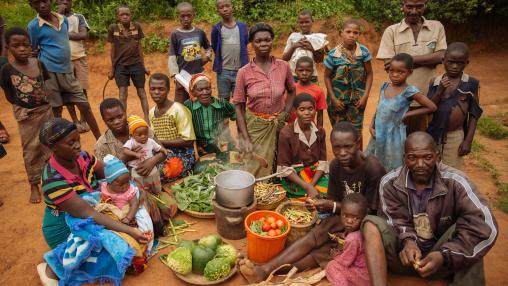
Measuring Food Loss and Waste: Post-harvest Loss Surveys
Reducing food loss along the entire value chain can play an important role in improving global and local food security. However, accurate, standardized definitions and measurements of food loss have proven elusive. Without being able to properly understand the scope of the problem, policymakers and researchers will find it difficult to enact effective policies to address it. Two recent studies from researchers at IFPRI, KU Leuven, and UN FAO aim to improve the way food loss are studied and measured in order to provide a clearer policy roadmap.
Food loss is important